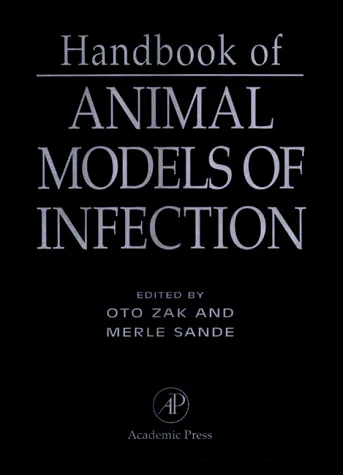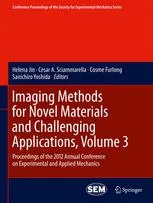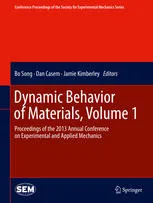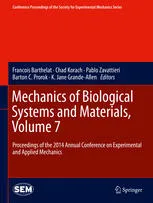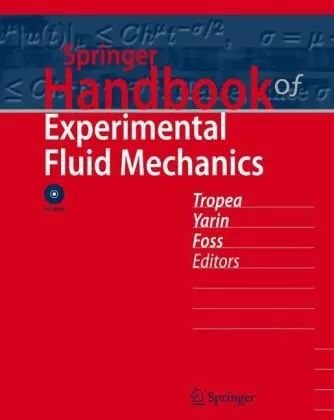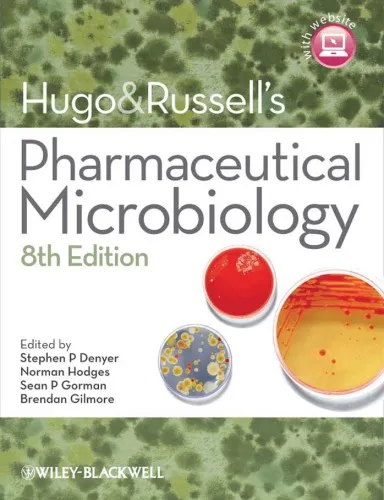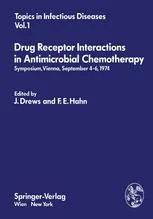Handbook of Animal Models of Infection: Experimental Models in Antimicrobial Chemotherapy
4.0
Reviews from our users

You Can Ask your questions from this book's AI after Login
Each download or ask from book AI costs 2 points. To earn more free points, please visit the Points Guide Page and complete some valuable actions.Related Refrences:
Introduction to the Handbook of Animal Models of Infection: Experimental Models in Antimicrobial Chemotherapy
The "Handbook of Animal Models of Infection" is a comprehensive guide for researchers, clinicians, and scientists in the field of microbiology and infectious diseases. This book provides a detailed examination of experimental models using animals to study antimicrobial chemotherapy, offering valuable insights into infection dynamics, drug efficacy, and host-pathogen interactions. It is an essential resource for anyone working on developing novel therapeutic interventions to combat infectious diseases.
Detailed Summary of the Book
In the fight against infectious diseases, the use of animal models is indispensable for understanding how pathogens behave in living organisms and how potential therapies perform under in vivo conditions. This book explores these animal models in great detail, organizing its content to cater to scientific professionals and academic researchers alike. The text balances scientific rigor with accessibility, covering a wide range of microbial infections caused by bacteria, viruses, fungi, and parasites. Each chapter delves into a specific infection model and provides a thorough methodology, discussing the merits and limitations of each model.
The book is structured to guide readers from foundational principles, like selecting appropriate animal species and establishing infectious doses, to nuanced topics, such as ethical considerations and advancements in alternative methods to reduce reliance on animal testing. Discussions include small rodents like mice and rats, as well as larger animals like non-human primates, depending on the disease being studied.
Additionally, this handbook emphasizes its practical utility by focusing on preclinical evaluation of new therapeutic agents. Readers gain insights into how experimental outcomes can be translated into real-world clinical treatments. Topics such as pharmacokinetics, drug resistance, and the role of host immunity are explored with the depth required to understand their implications for human health.
Key Takeaways
- Comprehensive coverage of infection models for a wide range of pathogens, including bacteria, viruses, fungi, and parasites.
- Detailed methodologies for experimental infections and antimicrobial testing in animal models.
- A thorough discussion of the advantages, limitations, and ethical considerations of using animal models.
- Insights into drug development, including pharmacokinetics studies and investigating potential drug resistance.
- Focus on translational research with a goal of bridging experimental findings and clinical applications.
Famous Quotes from the Book
"Animal models of infection are not mere tools, but windows into the complex interplay between pathogens and the host environment."
"The success of antimicrobial chemotherapy relies on bridging the gaps between the laboratory, the animal model, and the clinical setting."
"Ethics and science are intertwined; the humane treatment of animal test subjects upholds the integrity of research."
Why This Book Matters
Despite advances in molecular biology and computational modeling, animal studies remain a cornerstone of infectious disease research. The "Handbook of Animal Models of Infection" serves as a pivotal resource for researchers investigating the mechanisms of infection, immunity, and antimicrobial efficacy. With the increasing threat of antibiotic resistance and emerging pathogens, the need for reliable and ethically sound preclinical models has never been more pressing.
What sets this book apart is its ability to provide actionable knowledge for scientists at every stage of their careers. It addresses not only scientific and technical aspects but also navigates pressing issues like reducing reliance on animal testing by introducing alternative methods where possible.
Ultimately, this book exemplifies the scientific community's commitment to advancing global health while maintaining ethical standards. It is an invaluable reference for laboratories, pharmaceutical companies, and academic institutions worldwide, ensuring that the development of therapies for infectious diseases is driven by robust, reproducible, and compassionate research methods.
Whether you are a microbiologist, a pharmaceutical researcher, or simply curious about the intricacies of antimicrobial development, this handbook offers a wealth of knowledge that underscores the importance of translational science in modern medicine. It is both a guide and a call to action for the scientific community to push the boundaries of understanding while adhering to the highest ethical standards.
Free Direct Download
You Can Download this book after Login
Accessing books through legal platforms and public libraries not only supports the rights of authors and publishers but also contributes to the sustainability of reading culture. Before downloading, please take a moment to consider these options.
Find this book on other platforms:
WorldCat helps you find books in libraries worldwide.
See ratings, reviews, and discussions on Goodreads.
Find and buy rare or used books on AbeBooks.
1311
بازدید4.0
امتیاز0
نظر98%
رضایتReviews:
4.0
Based on 0 users review
Questions & Answers
Ask questions about this book or help others by answering
No questions yet. Be the first to ask!
